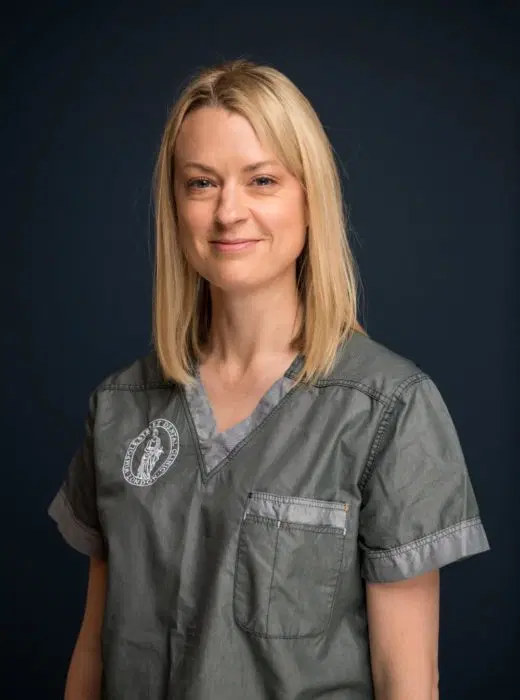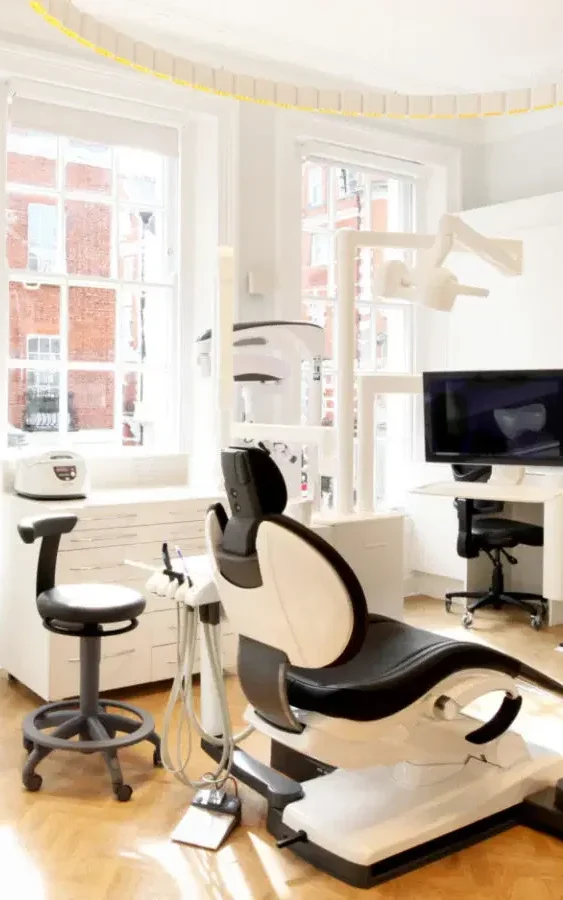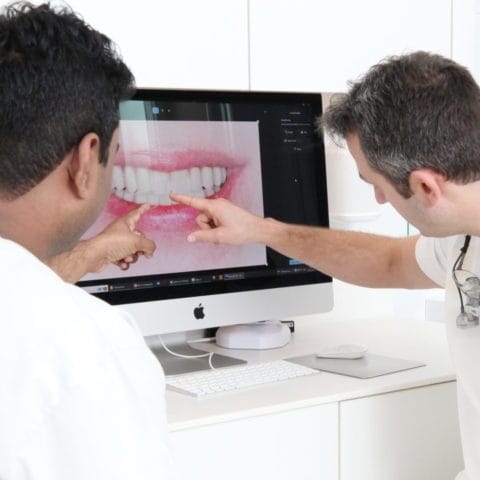Dental Hygiene in London
Superbly clean teeth are key to a confident smile, fresh breath, and overall health. Regular hygiene sessions help keep your teeth sparkling by removing plaque and preventing issues like cavities and gum disease. It's a simple step to protect your smile and keep it feeling great for years to come.

Treatment
45-60 minutes

Price
From £180

Team Experience
25+ years

Recovery Time
None

Google Rating
★★★★★ (4.9)
Examples of our work
A consistent dental hygiene routine is the foundation of a healthy smile. At Wimpole Street Dental Clinic, our dental hygiene case studies showcase the transformative impact of thorough, tailored hygiene treatments. From managing gum disease to enhancing overall oral health, each case reflects our commitment to preventive care, empowering patients to achieve lasting results and maintain optimal dental wellness.ellness.

Dental hygiene is simply the performance of professional teeth cleaning by a dental hygienist. Regular visits are essential for maintaining healthy teeth and gums. Even with good oral hygiene habits at home, there is always some plaque and tartar that can build up over the months. Removing it professionally on a regular basis will prevent gum disease and ensure that your breath is always fresh.
For all of our hygiene appointments, we use a technique called Guided Biofilm Therapy (GBT), which is a modern approach to dental hygiene focused on effectively removing biofilm. GBT uses a combination of advanced technology, specialised instruments, and minimally invasive techniques to clean teeth more efficiently and comfortably than traditional methods. It is very effective in both routine cleanings and in managing serious conditions like periodontal disease.
What happens during a dental hygiene appointment?
Our GBT hygiene sessions have essentially 3 steps:
- The first step is using a disclosing solution to highlight biofilm on the teeth and gums. This colouring reveals areas that need more attention and helps the hygienist educate the patient.
- Air Polishing with Erythritol Powder (AirFlow) – Instead of traditional polishing pastes, we use a fine powder in an air polishing device. This powder is gentle on the teeth and highly effective in removing biofilm, even in hard-to-reach areas like between teeth and around orthodontic appliances. The air polishing process is much more comfortable for patients, especially those with sensitive teeth or gums.
- Gentle Ultrasonic Scaling – After air polishing, we then use the best ultrasonic devices to remove any remaining hard deposits, like tartar. Our advanced ultrasonic scalers are designed to work with minimal force, ensuring no harm is done to teeth surfaces and minimising discomfort.
This method not only makes cleanings less uncomfortable but also enhances accuracy, helping patients understand and target areas needing extra care in their daily oral hygiene routines. GBT ultimately supports long-term oral health by managing biofilm more precisely and gently than traditional methods.
Meet your award-winning Dental Hygienist …
- We have over 75+ years of combined dentistry experience across our specialist team.
- 10,000+ treatments performed and counting.
- We are leaders in the dental industry – we regularly teach, lecture and publish our research work internationally.
Our Expertise
We are dedicated to helping our patients maintain excellent oral health for life. The long-term success of any dental treatment depends on how well patients can care for it, which is why routine dental hygiene sessions are a cornerstone of our approach. Our prevention team, including our skilled dental hygienists, regularly attends professional development courses to stay updated with the latest knowledge, techniques, and advice—ensuring we provide the highest level of care to every patient.
We offer EMS air-flow technology during a dental hygiene appointment with us which is based on innovative technology that comfortably removes plaque and discolourations from your teeth as an alternative to other teeth whitening methods. The high gloss polishing fluoridation which follows can provide you with the restoration of a radiant smile.
Who is suitable for dental hygiene?
Our team would encourage all our dental patients to make an appointment with our dental hygienist to discuss their individual needs regarding a regular schedule of professional teeth cleaning.
Optimum dental hygiene is the best tool to equip yourself with when looking to achieve preventative care of your teeth and gums to safeguard your smile for years to come as well protect against oral issues such as excessive tooth decay, infection, gum disease and bad breath.


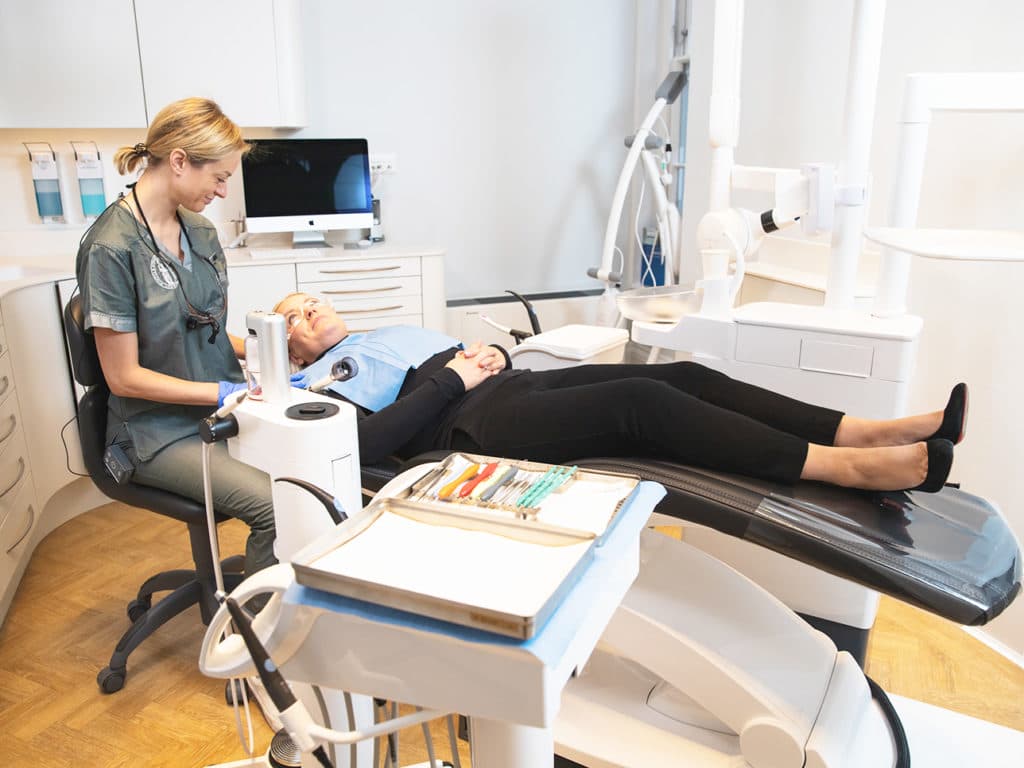
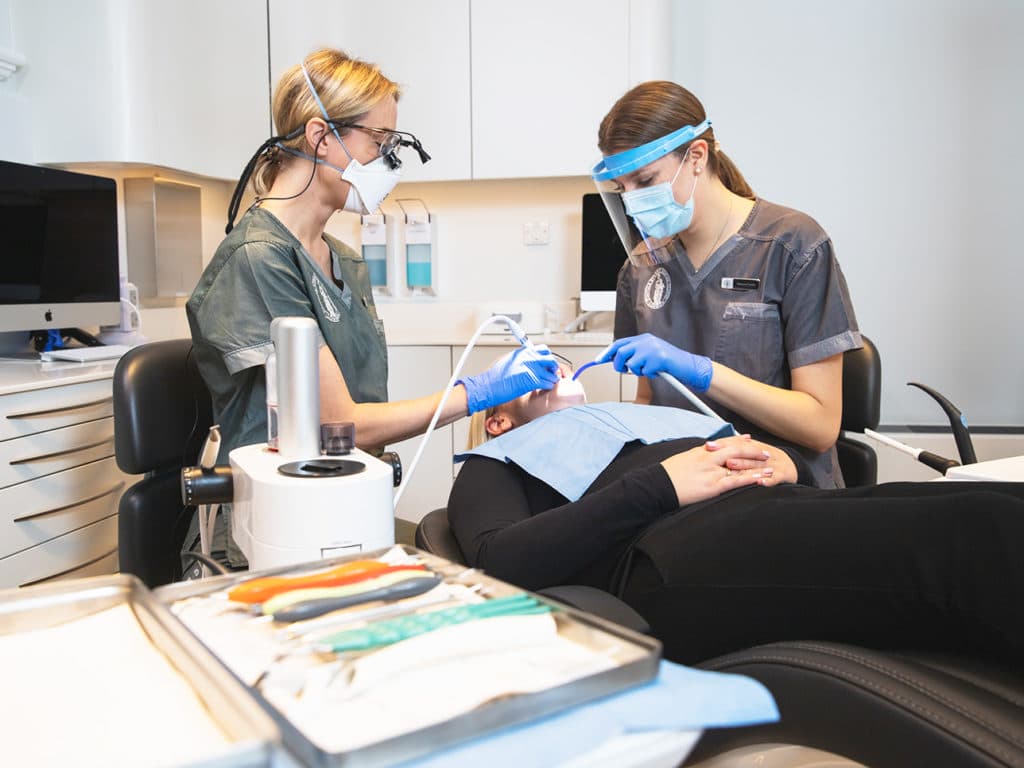
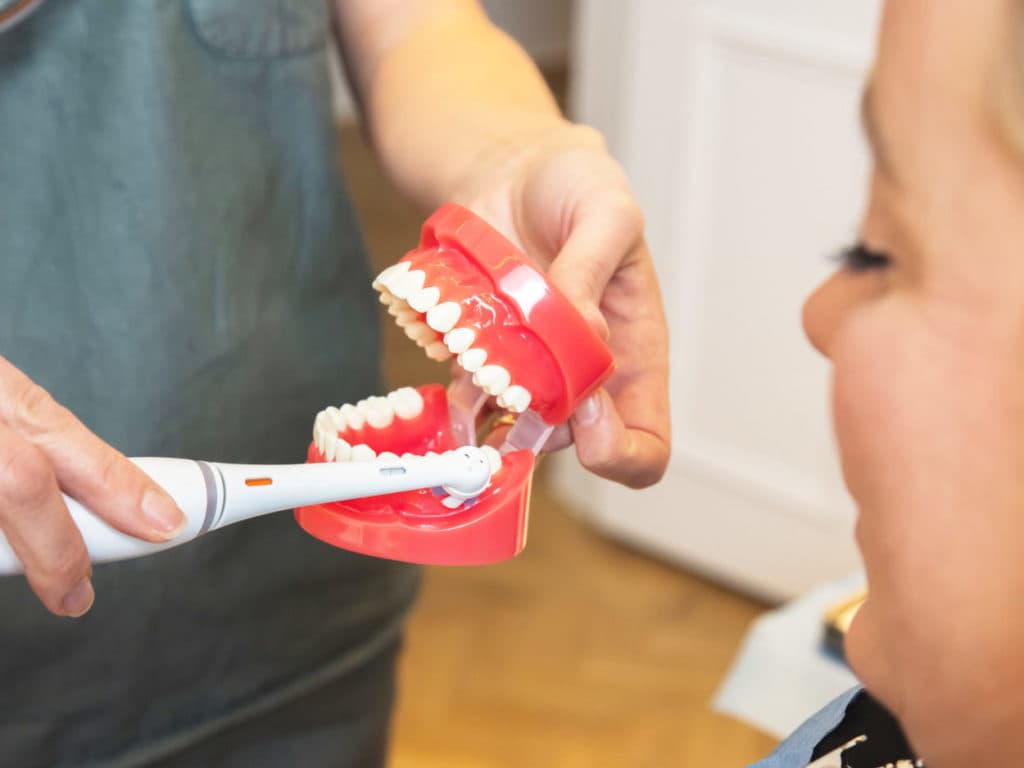
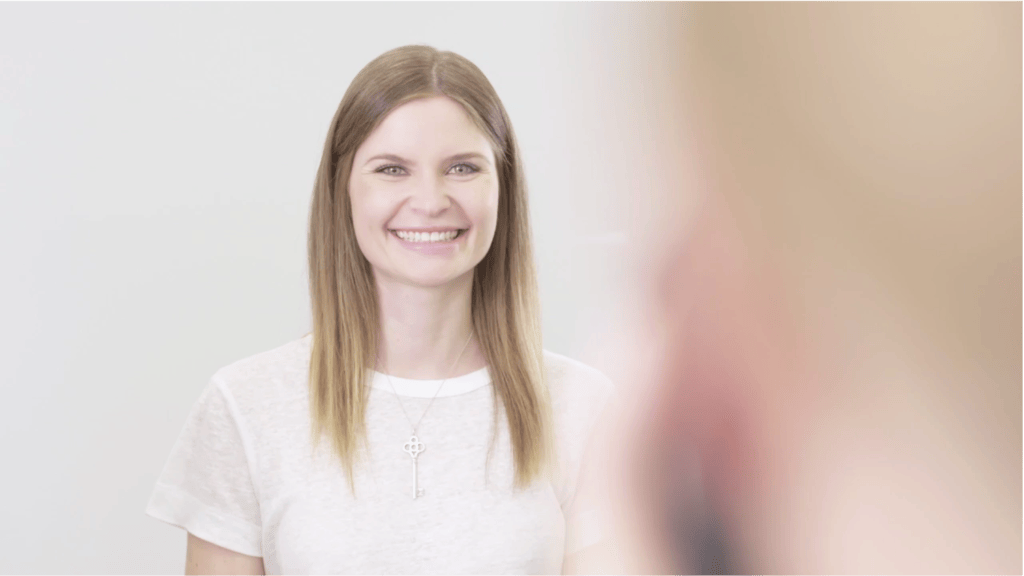
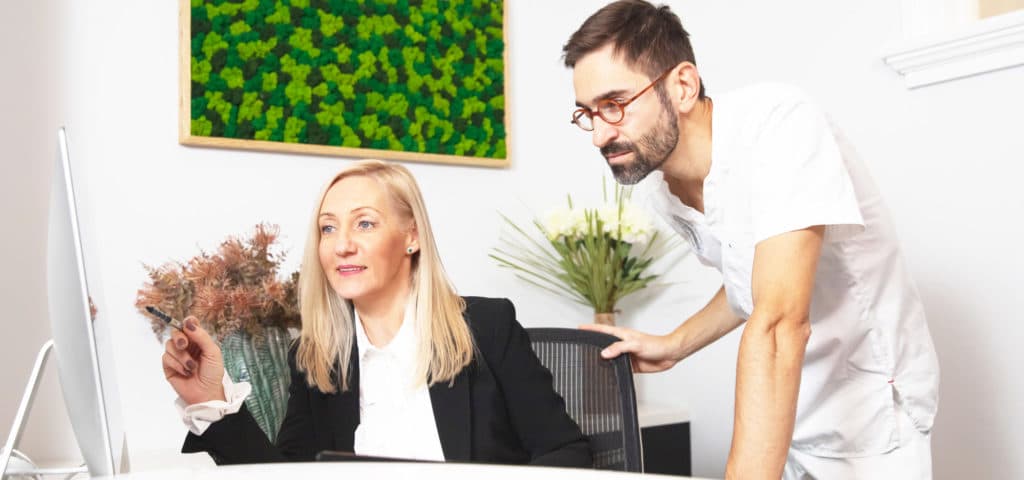
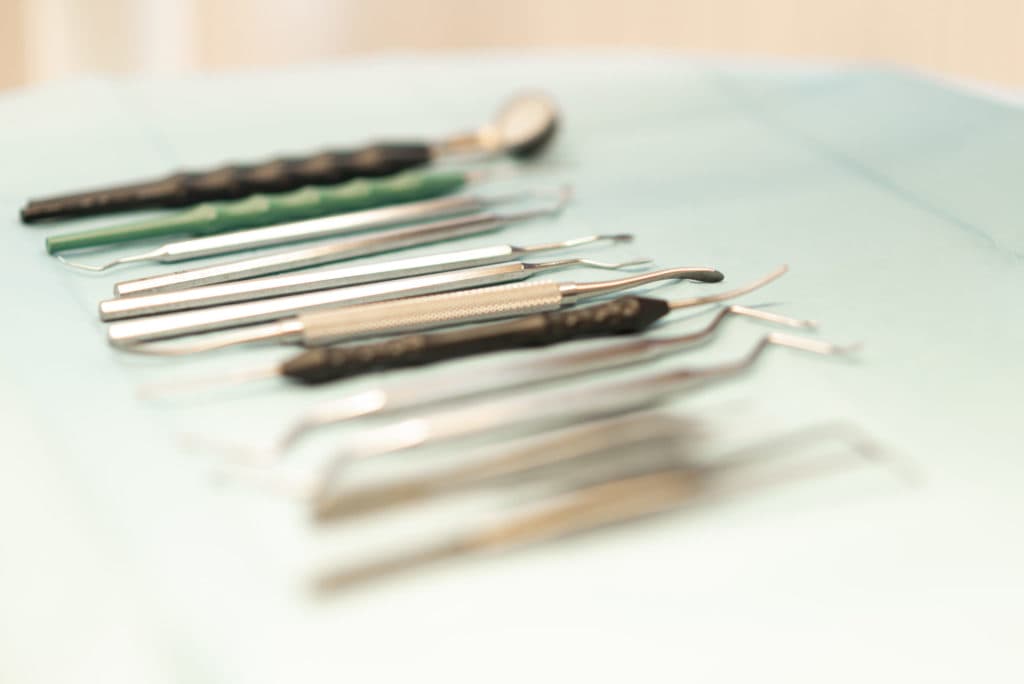
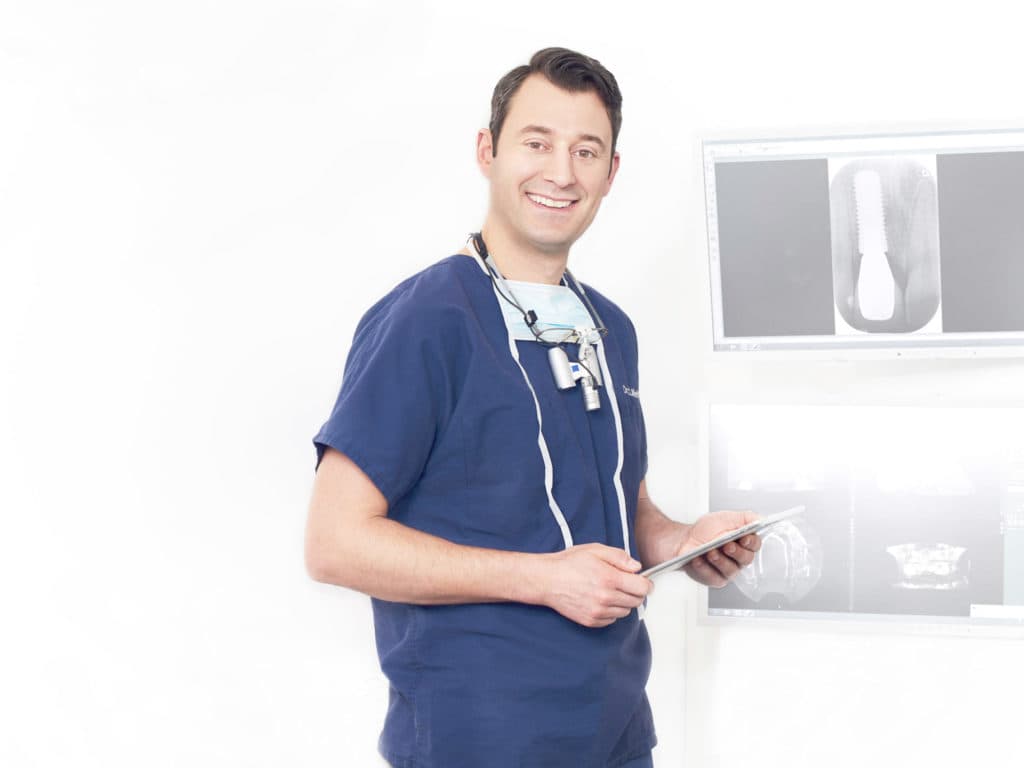

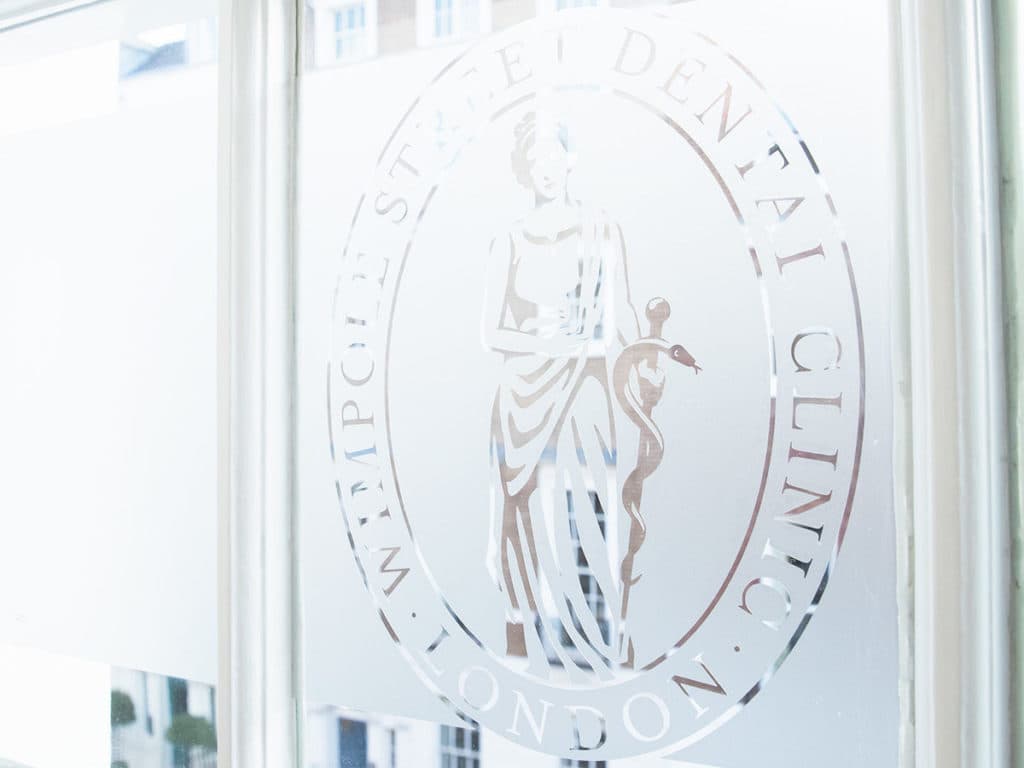
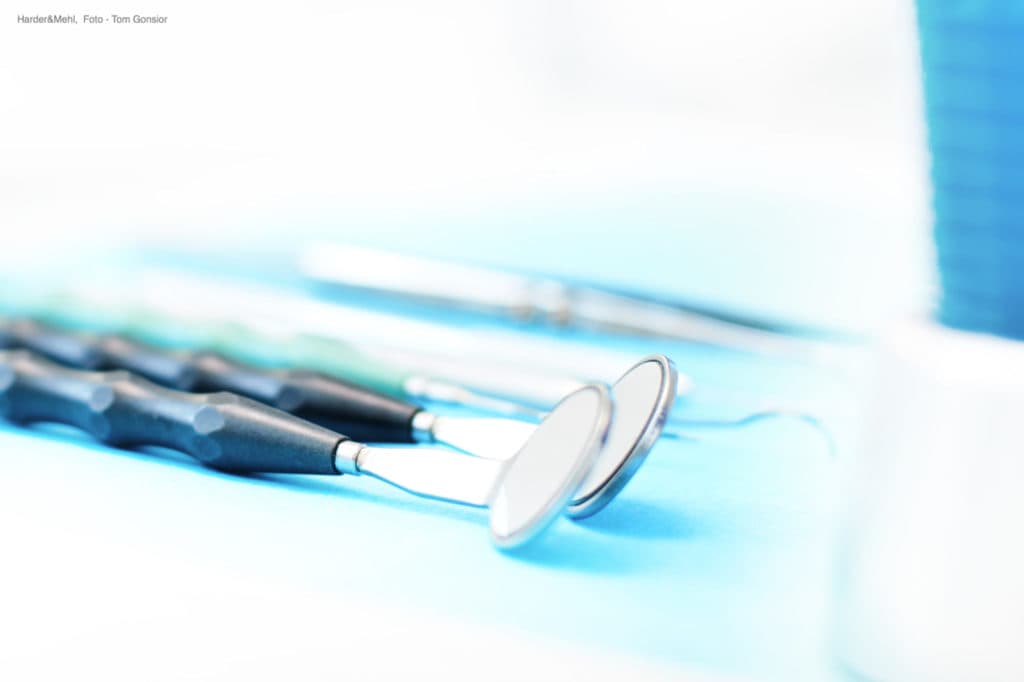

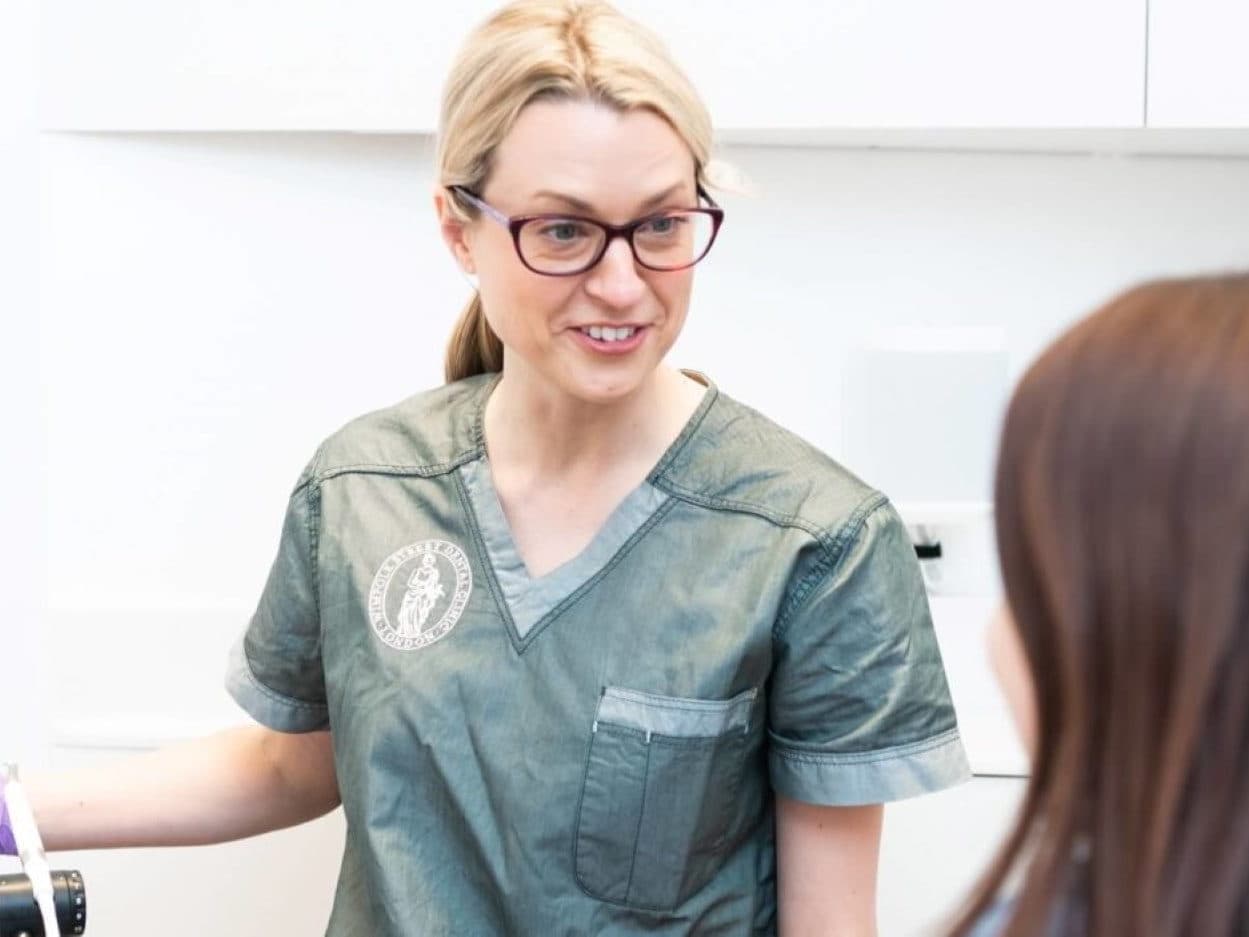
New page design
Written by: Prof Dr Christian Mehl
Medically reviewed by: Dr Raul Costa
Author biography added
Written by: Prof Dr Christian Mehl
Medically reviewed by: Dr Raul Costa
Original content created
Written by: Prof Dr Christian Mehl
Medically reviewed by: Dr Raul Costa
Wimpole St Dental Clinic has strict sourcing guidelines and relies on peer-reviewed studies, academic research institutions, and medical associations. We avoid using tertiary references. You can learn more about how we ensure our content is accurate and current by reading our editorial policy.
- Jongbloed-Zoet C. The role of the dental hygienist in promoting oral health. Int J Dent Hyg. 2020 May;18(2):127. doi: 10.1111/idh.12436. PMID: 32303122.
- Dunning JM. The future of the dental hygienist. J Public Health Dent. 1990 Winter;50(1):3-4. doi: 10.1111/j.1752-7325.1990.tb03546.x. PMID: 2296000.
- Aker DS, Zaki HA. The dental hygienist as a preventodontist. J Am Dent Assoc. 1972 Jan;84(1):140-2. doi: 10.14219/jada.archive.1972.0018. PMID: 4500212.




